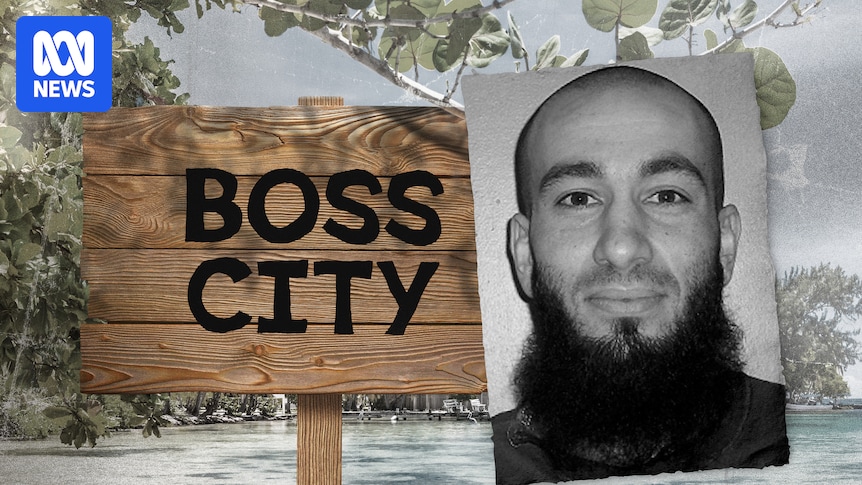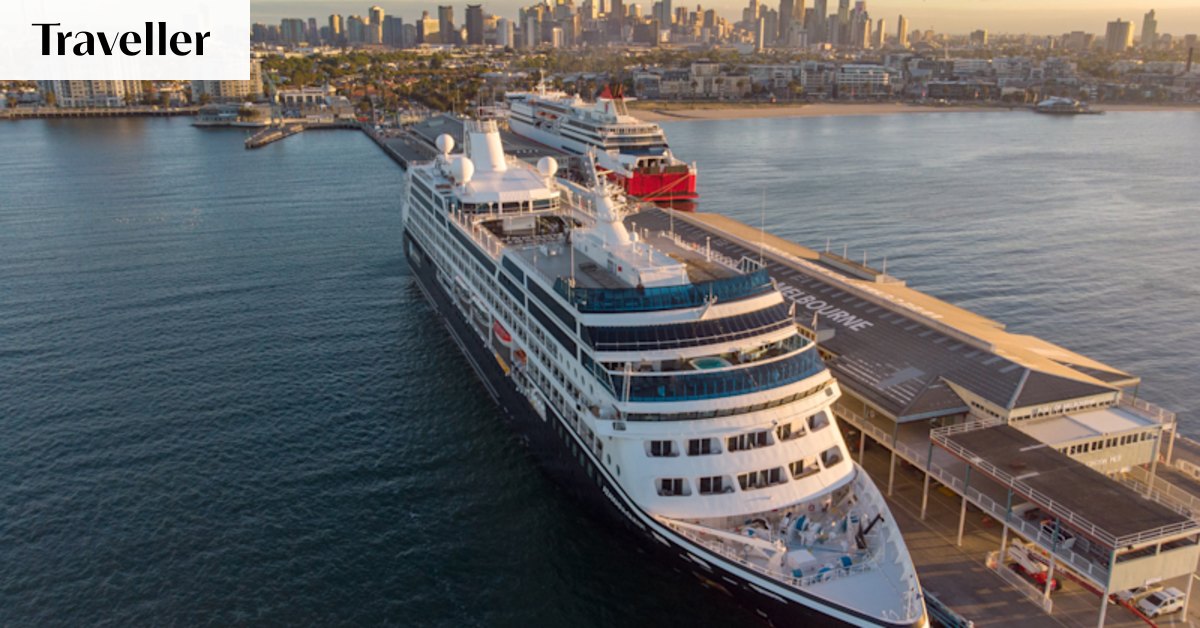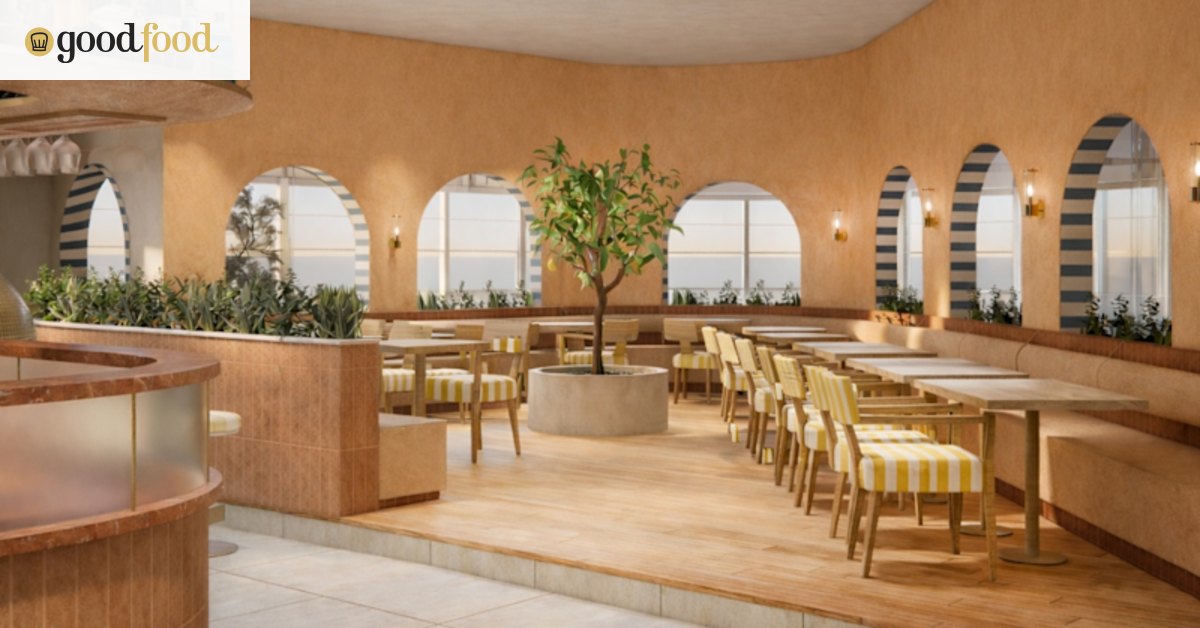
“We’re gunna [sic] probably make tens of millions of dollars.” Those were the ambitious words of notorious crime lord Bassam Hamzy, as he discussed plans for a lavish resort in Belize from his cell in Goulburn Supermax prison. However, according to sources in Belize, the project is far from reality.
Hamzy, a convicted murderer and the founder of the Brothers 4 Life gang, envisions a billion-dollar resort, “Boss City,” deep in the Belizean jungle. Yet, as the ABC discovered, those Hamzy enlisted in Belize, including former Prime Minister Said Musa, see the project as a nonstarter.
Grand Plans and Dubious Realities
The proposal for “Boss City” made headlines when it first surfaced. Hamzy, who has been incarcerated for over two decades, shared his excitement in a recorded call with his lawyer, Martin Churchill, in 2018. “I used to write to [Witness A] about this project in Belize,” he said, referring to an associate who remains unidentified for legal reasons.
Despite Hamzy’s enthusiasm, Belizean officials are skeptical. Belize’s Tourism Minister, Anthony Mahler, expressed surprise when questioned about the project. “Absolutely not,” he replied when asked if he was aware of it. “If they’re going to have that level of investment, we would know.”
“There is no development registered with the Belize Tourism Board under that name or by the person associated with that name,” said Jacob Leslie, Belize Tourism Board registrar of hotels.
The Belize Connection
Hamzy’s ties to Belize date back to 1999 when he fled there after murdering a teenager in Sydney. His time in Belize remains shrouded in mystery, though his trial revealed he stayed with a wealthy relative on a farm. He was eventually extradited back to Australia to face justice.
Business records for “Boss City Group” link back to a law firm associated with the Belize government, operated by Said Musa. While there is no suggestion of wrongdoing on Musa’s part, the firm’s silence on the matter raises questions.
Hamzy’s Expansive Jailhouse Empire
Beyond the Belizean jungle, Hamzy’s business ventures extend to various industries. Recorded conversations from Goulburn’s Supermax reveal his involvement in construction, footwear, and even South American nightclubs. “Nightclubs are very cheap,” he told his lawyer, envisioning significant profits from investments in Peru.
Closer to home, Hamzy’s associates, including his father Khaled, were involved in a development project near Burwood train station in Sydney. Though details remain sparse, the project was described as a lucrative opportunity.
“That’s, of course, over a hundred million dollar project,” Hamzy noted in a conversation about the Burwood development.
A Razor-Sharp Mind Behind Bars
Hamzy’s lawyer, Martin Churchill, played a crucial role in shaping his business strategies. Churchill, who passed away before facing trial alongside Hamzy, believed legitimate business ventures could aid Hamzy’s parole prospects. “You need to be doing things on the outside that are legitimate,” Churchill advised.
Despite his criminal history, Hamzy’s entrepreneurial spirit is undeniable. He once attempted to broker a deal with authorities involving stolen army rocket launchers, aiming to secure a favorable plea for his father. However, the plan fell through.
Hamzy, Australia’s only extreme high-risk inmate, remains a figure of intrigue and fear. His parole eligibility is set for 2038, but his influence continues to stretch beyond prison walls.
As the saga of Bassam Hamzy unfolds, questions linger about the reality of his Belizean dream and the extent of his jailhouse empire. Whether “Boss City” becomes more than a fantasy remains uncertain, but Hamzy’s story is far from over.







